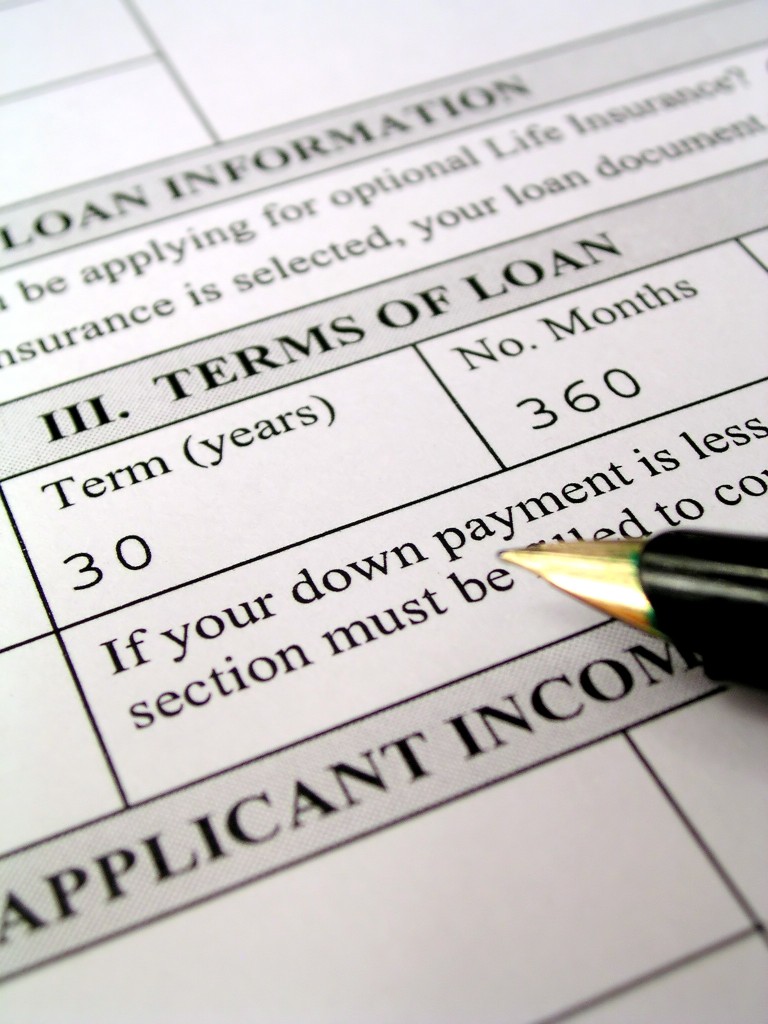Financial information firm Experian has revealed that almost 70 commercial property businesses are collapsing daily due to banks refusing to lend. This is the largest number recorded for two years.

Researchers discovered that, in March alone, 2112 businesses were forced to close the doors of their commercial properties as they became insolvent – this averages at 68 every day.
The study also revealed that smaller businesses were the most likely to be affected by the lending drought. It defined a small business as one which employs 50 staff members or less in its commercial property.
Four sectors were revealed to be particularly at risk due to the bank loan refusals. Building and construction firms, hotel and leisure commercial properties, business services and non-food retailers dominated the list of businesses forced into administration.
Research firm BDRC Continental have also revealed that the results of their most recent survey, which interviewed 15,000 CEOs in the UK about the financial difficulties facing their commercial properties. A third of them revealed that they could not find a bank willing to give them a loan to run their business effectively, or keep up with costs on their business commercial property.
The survey split the results by region, and revealed that 47 per cent of businesses in the West Midlands could not obtain the loan they requested. This region was closely followed by the North East and the South West, at 46 per cent and 41 per cent respectively.
However, possibly a greater concern raised by the BDRC Continental study was the fact that the majority of small businesses, by far, did not plan to grow, despite the fact that UK unemployment now tops 2.5 million. In fact, the only two regions where most firms surveyed planned to expand their business, and commercial property portfolio, were London and the South West.
Leading Liberal Democrat peer, Lord Oakeshott, said; “Small business lending figures are simply horrific.
“The banks keep charging more and lending less to SMEs (small and medium-sized enterprises).
“Why can’t the Treasury see that the economy and jobs can’t motor while they let the banks keep siphoning the petrol out of small businesses’ tanks?”
The results of the two studies will certainly be a blow to the Coalition Government, especially following the release of the Treasury Committee report earlier this year. It showed that small firms are facing “serious and often insurmountable problems” with regards to accessing bank loans at a “reasonable” rate.
It also raised concerns about the Government’s latest scheme aimed specifically at small commercial property businesses looking to borrow money. The National Loan Guarantee Scheme, MPs said recently, “was not designed to solve the problem that many small firms, who may be reasonable credit risks, are unable to access bank funding at all in the current market conditions.”
It appears, then, that more pressure must be put on the banks by MPs and small commercial property owners to increase their lending power. After all, without places of employment and jobs available to consumers, where will the money that is so desperately needed to pull Britain out of the double-dip recession actually come from?
Are you a small business owner struggling to receive financial help? Have you tried and failed to obtain a bank loan to help pay costs for your commercial property?